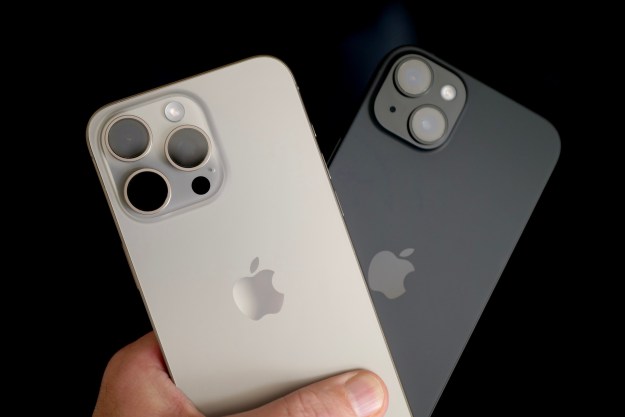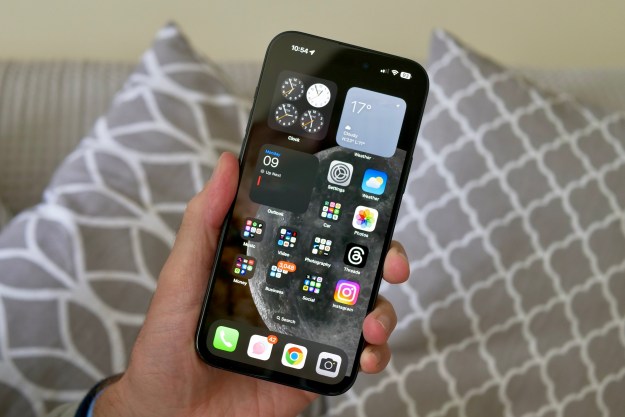
Sony maintains about 40 percent of the market for complementary metal-oxide semiconductor (CMOS) image sensors. These integrated circuits convert light into electric signals, and when used in smartphones, convert images into digital data. They are a crucial part of modern mobile device construction as well as digital cameras. Samsung cites its diversified supply chain, stating that its flagship phone production will not be affected by the impact of the quakes.
Related: Japan’s Fukushima ice wall ready to go into service
Sony is keeping positive in light of the catastrophe. “We are not expecting any immediate supply disruption as we have some inventories right now,” a spokesman told Reuters on Saturday. “We will make an announcement promptly if any supply issues emerge.”
The spokesman goes on to say that operations should continue once the aftershocks subside. “We are still checking for potential damage to the plants, which usually operate on a 24-hour basis,” he said. We should have more updates early this week.
The disaster also disrupted production for major automakers, who were forced to halt or suspend production while they inspected the damage to their assembly lines. Among the affected manufacturers are Honda, Mitsubishi, Nissan, and Toyota.
The BBC reports that 41 people were killed in the quakes (11 are still missing), and hundreds more injured. 180,000 people were left to seek shelter, 62,000 homes have no electricity, and 300,000 homes are without water.
Editors' Recommendations
- Why you should buy the iPhone 15 Pro instead of the iPhone 15 Pro Max
- 3 reasons why I’ll actually use Anker’s new iPhone power bank
- There’s a big problem with the iPhone’s Photos app
- This one thing could make iOS 18 the best iPhone update in years
- When will Apple release iOS 18? Here’s what we know


